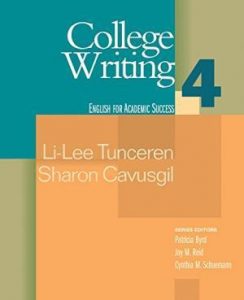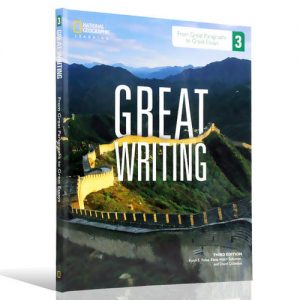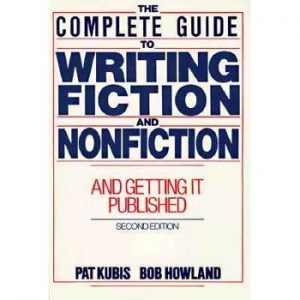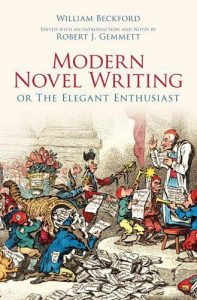Writing can change one’s life. People who write well normally think logistically, solve problems effectively, and have a keen sense of leadership. However, writing skill doesn’t come naturally and there is no shortcut to becoming a write-smith. It takes absorption, consideration, representation, and revision to fulfill an engaging piece.
Absorption

- Strategically read as much as you can.
Reading is the most direct way to absorb knowledge when you start practicing writing. Not only does it assist in developing the structure of your mind map, but you will also know more about how you want your essay sounds.
Develop a reading habit. I recommend reading at least 10 monthly. To achieve this goal, improve your reading speed intentionally by taking at least 30 minutes a day. It helps you develop a reader’s mind to comprehend a text rapidly, which benefits by building up vocabulary.
- Expand your understanding of different genres.
Read different writers, genres, and writing styles. A wide breadth of reading assists in familiarizing yourself with as many writing voices, adding possibilities to your imagination. Novels, marketing ads, and fan fiction are good reading materials. Especially when you are not a native English user, seeking out for materials you are interested in improves the ability to deliver clearly in the text.
Consideration
 Be clear with writing purpose.
Be clear with writing purpose.
Brainstorm topics and goals. If you are doing a class essay, narrow down on your topic and ponder on related concepts, data, and subjects that you may refer to. If you are to create a plot, develop the plots and characters beforehand. In any situation, figuring out who the audience bases the writing tone.
Focus on writing goals helps to enlighten the direction to move forward. For example, accomplish a novel requires a structured setting, while copy-writing targeted at sounding appealing and persuasive.
- Try free-write.
Almost any writing style benefits from free-writing. Your observations and considerations clear out when you rush into filling the blank page without worrying about errors. It doesn’t matter when you never use a word, set a timer and let your thoughts flow out!
Representation

- Practice writing a paragraph.
Paragraphs are the compositions of a writing product. They provide readers with an appropriate break to comprehend the framework of a passage. A new paragraph is required when a now point is listed so that the audience won’t be confused through the lines.
A well-structured paragraph requires a central sentence to come at first. This sentence conveys the most important information and is supported by details and discussion by every other sentence. To summarize these sentences as a whole, feel free to write down a vague idea and enlighten it in the coming paragraphs. Never use an obvious as a central sentence.
- Map out your arguments.
Once you have figured out what you want to present in your passage, start mapping out your thoughts by listing your main arguments on a word document and fill in details later. In this step, you might find some gaps between your knowledge and the facts. Make some effort to look up.
Revision

- Toss away the nonsense.
The nonsense here has two meanings. Some points are essential to the whole passage while others are superfluous. Paragraphs and sentences should be logically placed to make the whole passage coherent. Replace your paragraph if necessary.
In the meanwhile, avoid tautology and keep your sentence concise. Avoid the inclination to use fluff words such as very, little, and rather. Try to vary the format of sentences so that the readers are engaged better.
- Use effective tools.
To make sure that your essay is free from mistakes, use tools to double-check. Useful apps like Grammarly and CorrectMe not only can help you with spelling and grammar, but they also can save your time compared to skim through your passage over and over.

 Be clear with writing purpose.
Be clear with writing purpose.